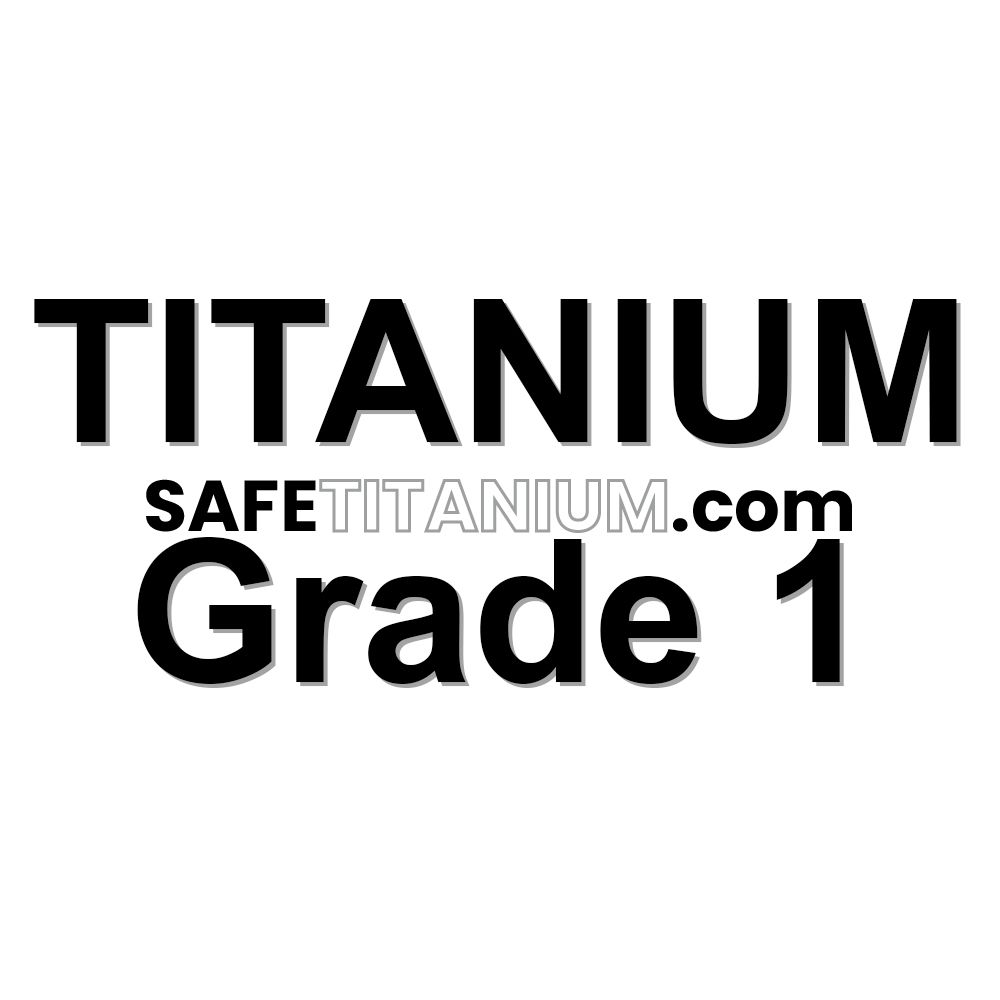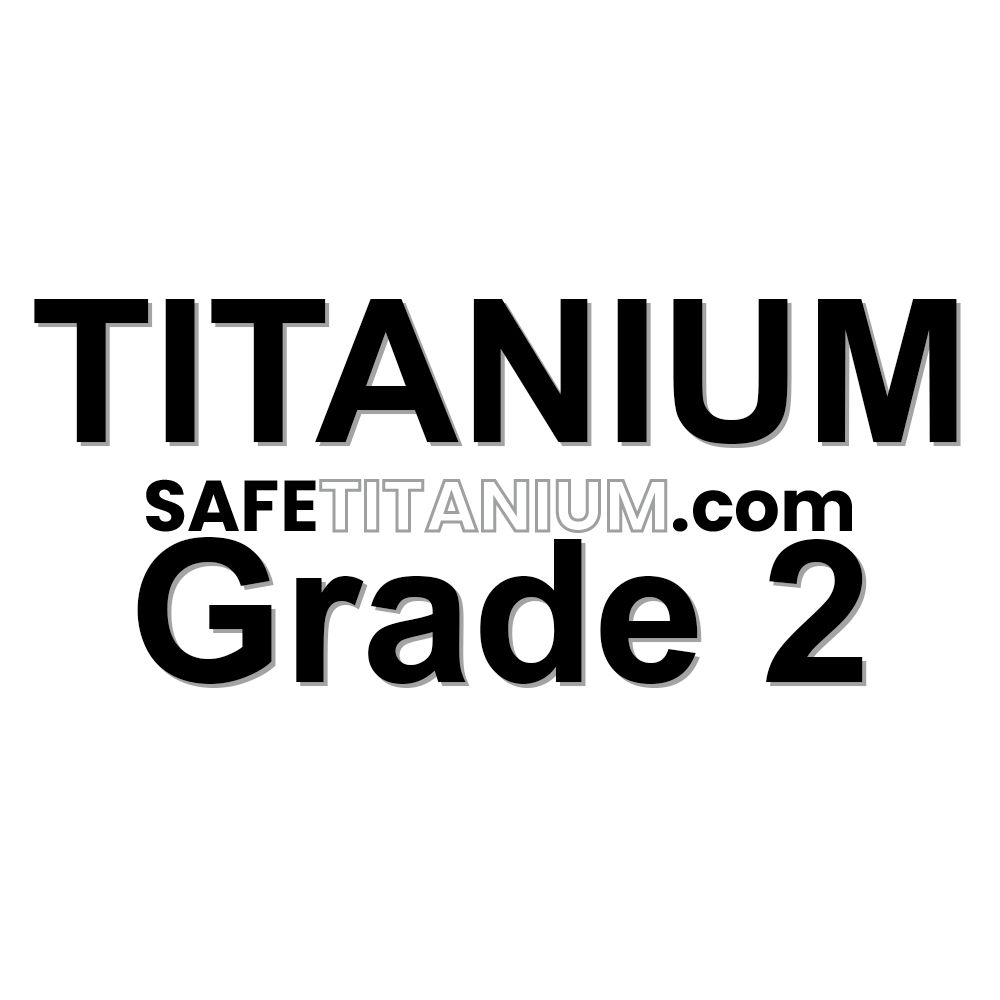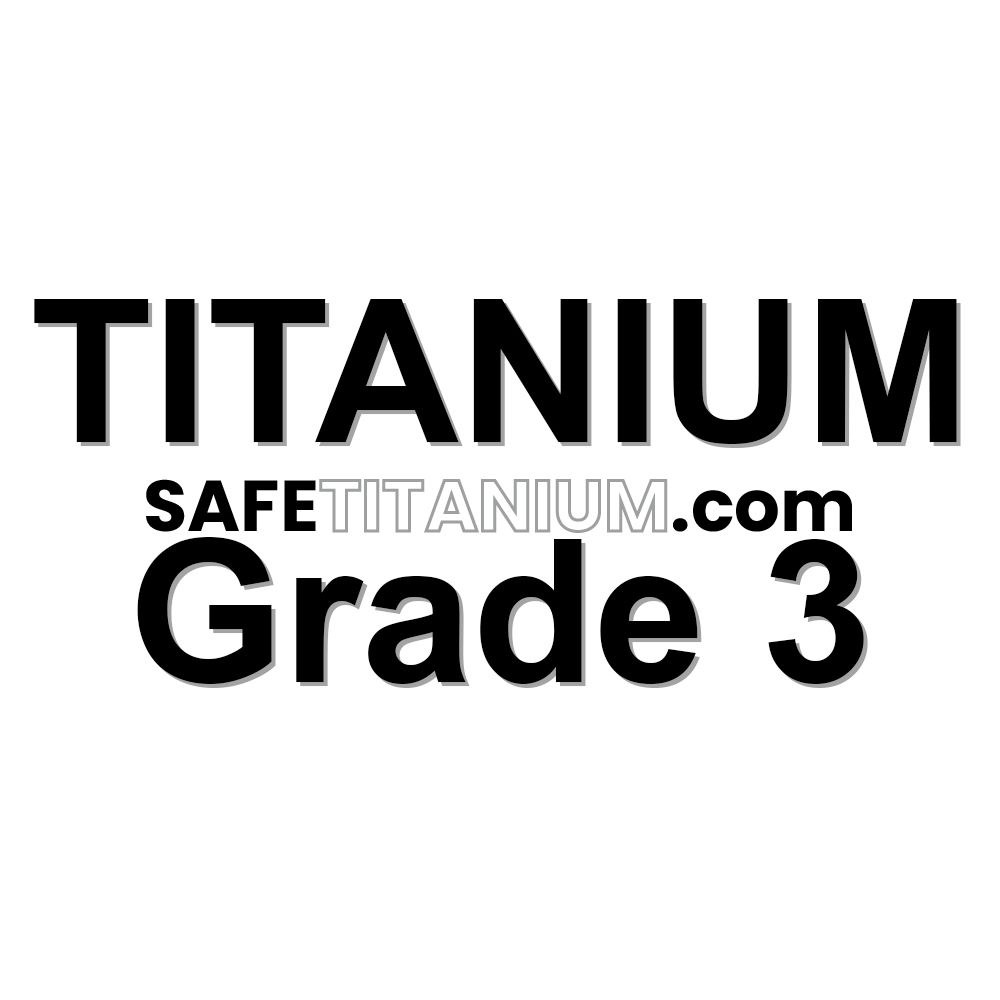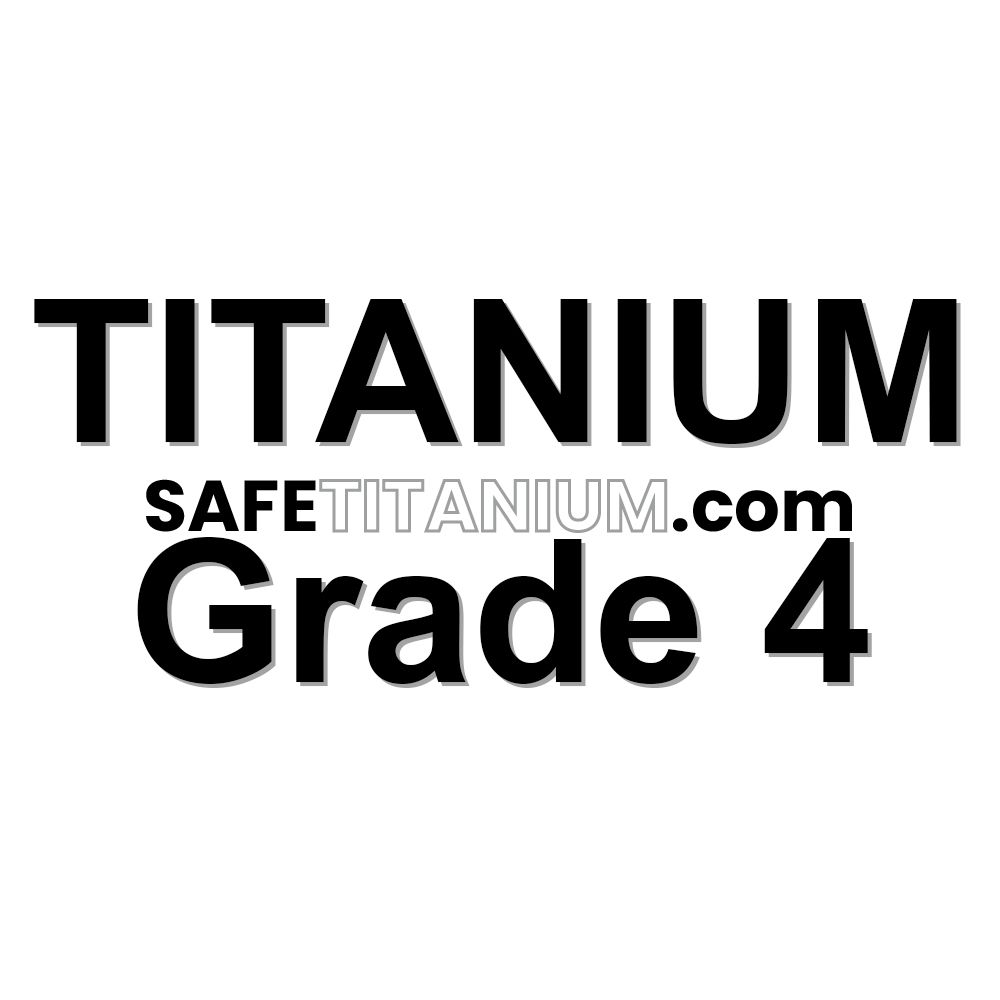Titanium Grade 27
Titanium Grade 27, also known as Ti-13Nb-13Zr, is a titanium alloy primarily composed of 13% niobium and 13% zirconium. This alloy is known for its excellent biocompatibility and corrosion resistance, particularly in biomedical and dental applications. Here are the key characteristics and typical applications of Grade 27 Titanium:
Ⅰ. Key Characteristics
① Composition: Alloyed with 13% niobium and 13% zirconium.
② Biocompatibility: Excellent biocompatibility, making it suitable for medical implants and surgical instruments.
③ Corrosion Resistance: High resistance to corrosion in physiological environments, including resistance to body fluids and tissues.
④ Strength: Moderate strength, comparable to commercially pure titanium grades.
⑤ Weldability: Good weldability, suitable for various fabrication processes.
⑥ Ductility: Good ductility, allowing for ease of forming and shaping.
⑦ Fatigue Resistance: Good fatigue resistance, suitable for implants subjected to cyclic loading.Ⅱ. Typical Applications
① Medical: Widely used in medical implants such as orthopedic implants (hip and knee replacements), dental implants, spinal implants, and surgical instruments due to its biocompatibility and corrosion resistance.
② Dental: Used in dental implants and orthodontic devices where biocompatibility and strength are required.
③ Biomedical Devices: Utilized in biomedical devices and equipment requiring resistance to bodily fluids and tissues.Ⅲ. Physical and Mechanical Properties
① Density: Approximately 4.5 g/cm³
② Tensile Strength: Typically around 650 MPa (94 ksi)
③ Yield Strength: Approximately 550 MPa (80 ksi)
④ Elongation: About 15-20% in 2 inches
⑤ Modulus of Elasticity: 105 GPa (15.2 Msi)Titanium Grade 27 (Ti-13Nb-13Zr) is a specialized titanium alloy primarily used in biomedical and dental applications where its combination of biocompatibility, corrosion resistance, and moderate strength is highly beneficial. Its use is specific to industries requiring materials that can withstand the physiological environment of the human body while providing sufficient mechanical properties for implant applications.
 Titanium Grade 1
Titanium Grade 1
 Titanium Grade 2
Titanium Grade 2
 Titanium Grade 3
Titanium Grade 3
 Titanium Grade 4
Titanium Grade 4




